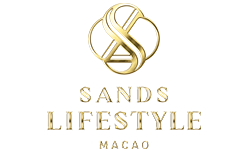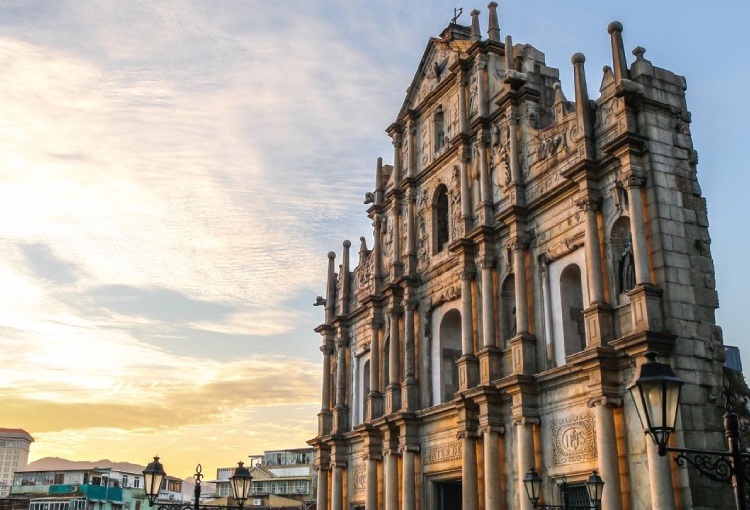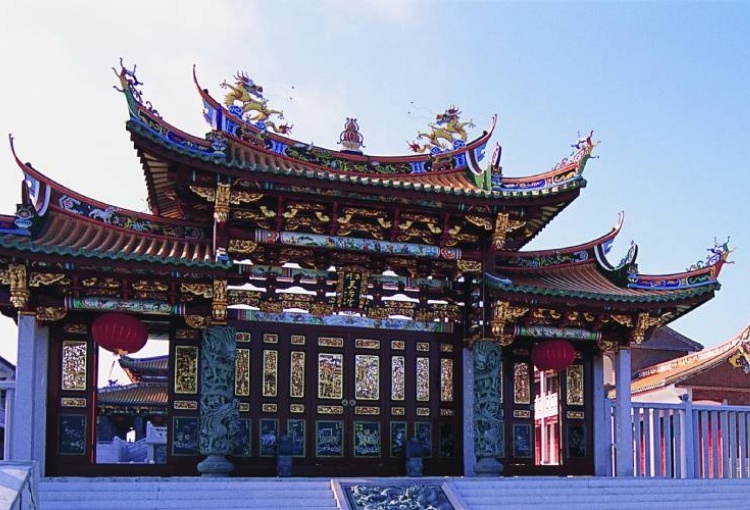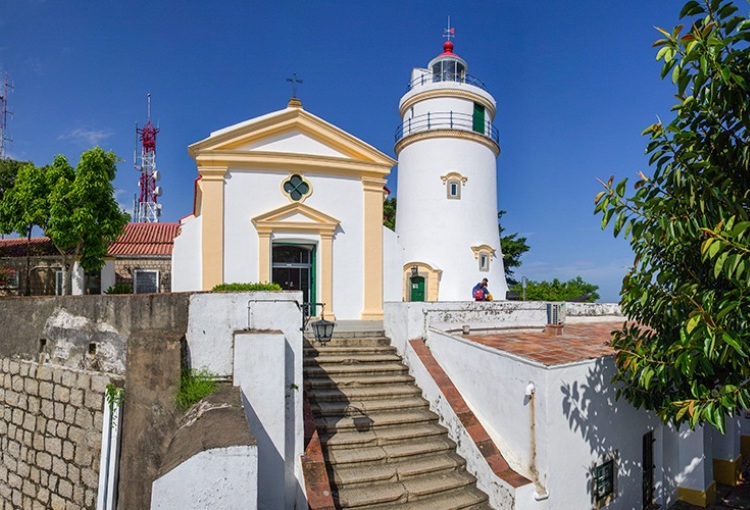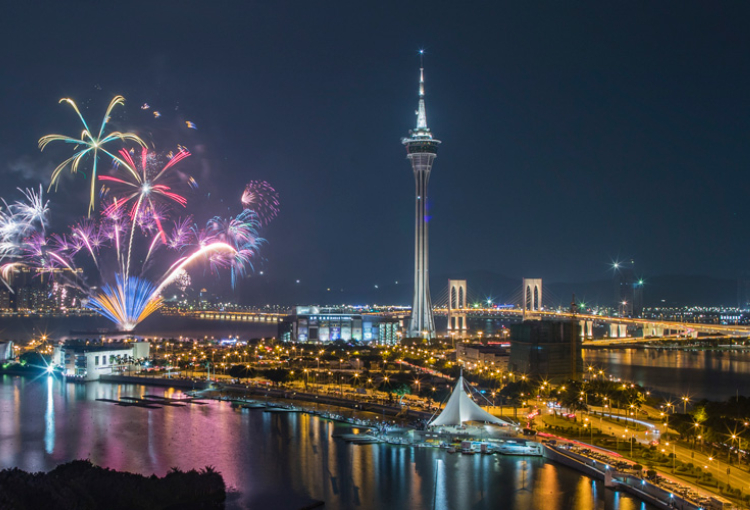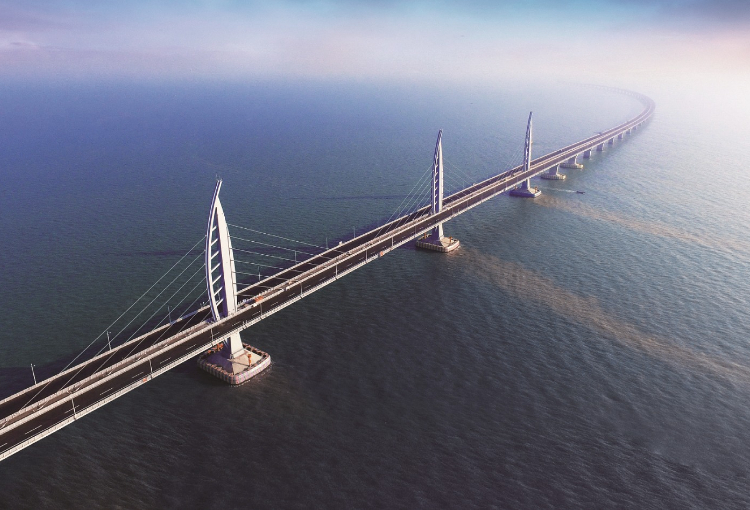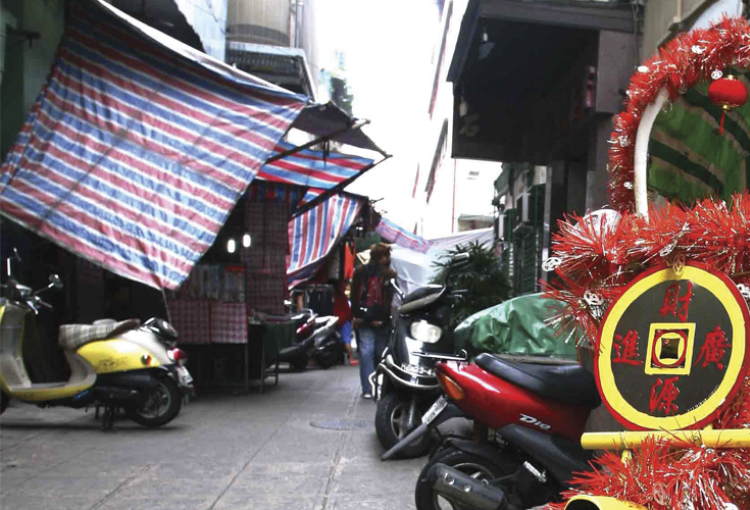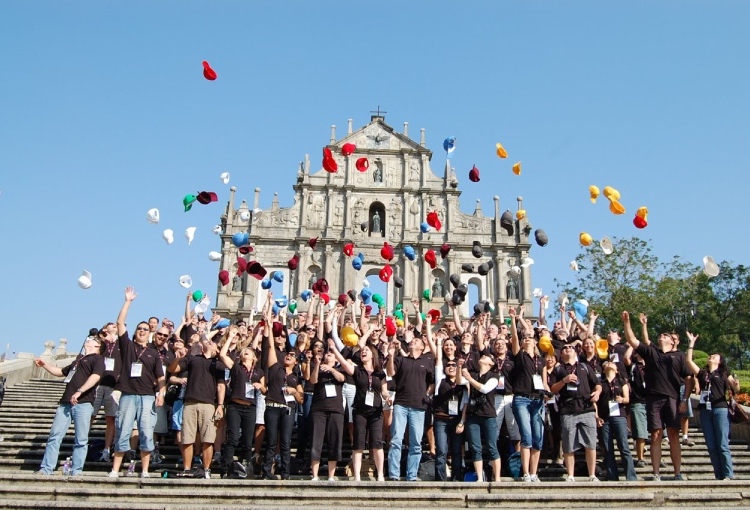ABOUT MACAO
History and Culture
Chinese fishermen and farmers formed the first recorded communities to settle in Macao, then known as Ou Mun, or "trading gate", because of its location at the mouth of the Pearl River downstream from Canton (modern day Guangzhou). During ancient times, this port constituted part of the legendary Silk Road, with ships there taking on board silks bound for Rome, silver for Japan, and all manner of exotic spices for near and far.
In the early 1550s the Portuguese reached Ou Mun, which the local population also called "Place of A Ma", in honour of the Goddess of Seafarers, whose temple stands to this day at the entrance to the sheltered Inner Harbour. The Portuguese adopted the name, which gradually became "Macao", with the permission of Guangdong's mandarins, and established a city that within a short time became a major hub for trade between China, Japan, India and Europe. Macao became the natural crossroads for the amalgamation of Eastern and Western cultures.
Today, Macao is a Special Administrative Region of the People's Republic of China, and, like Hong Kong, benefits from the principle of "One Country, Two Systems". In the modern era, Macao has developed industries such as electronics, financial and banking services, in tandem with a world-class tourism industry offering a wide choice of hotels, resorts, sports facilities, restaurants and entertainment options.
Chinese fishermen and farmers formed the first recorded communities to settle in Macao, then known as Ou Mun, or "trading gate", because of its location at the mouth of the Pearl River downstream from Canton (modern day Guangzhou). During ancient times, this port constituted part of the legendary Silk Road, with ships there taking on board silks bound for Rome, silver for Japan, and all manner of exotic spices for near and far.
In the early 1550s the Portuguese reached Ou Mun, which the local population also called "Place of A Ma", in honour of the Goddess of Seafarers, whose temple stands to this day at the entrance to the sheltered Inner Harbour. The Portuguese adopted the name, which gradually became "Macao", with the permission of Guangdong's mandarins, and established a city that within a short time became a major hub for trade between China, Japan, India and Europe. Macao became the natural crossroads for the amalgamation of Eastern and Western cultures.
Today, Macao is a Special Administrative Region of the People's Republic of China, and, like Hong Kong, benefits from the principle of "One Country, Two Systems". In the modern era, Macao has developed industries such as electronics, financial and banking services, in tandem with a world-class tourism industry offering a wide choice of hotels, resorts, sports facilities, restaurants and entertainment options.
ABOUT MACAO
History and Culture
Chinese fishermen and farmers formed the first recorded communities to settle in Macao, then known as Ou Mun, or "trading gate", because of its location at the mouth of the Pearl River downstream from Canton (modern day Guangzhou). During ancient times, this port constituted part of the legendary Silk Road, with ships there taking on board silks bound for Rome, silver for Japan, and all manner of exotic spices for near and far.
In the early 1550s the Portuguese reached Ou Mun, which the local population also called "Place of A Ma", in honour of the Goddess of Seafarers, whose temple stands to this day at the entrance to the sheltered Inner Harbour. The Portuguese adopted the name, which gradually became "Macao", with the permission of Guangdong's mandarins, and established a city that within a short time became a major hub for trade between China, Japan, India and Europe. Macao became the natural crossroads for the amalgamation of Eastern and Western cultures.
Today, Macao is a Special Administrative Region of the People's Republic of China, and, like Hong Kong, benefits from the principle of "One Country, Two Systems". In the modern era, Macao has developed industries such as electronics, financial and banking services, in tandem with a world-class tourism industry offering a wide choice of hotels, resorts, sports facilities, restaurants and entertainment options.
Chinese fishermen and farmers formed the first recorded communities to settle in Macao, then known as Ou Mun, or "trading gate", because of its location at the mouth of the Pearl River downstream from Canton (modern day Guangzhou). During ancient times, this port constituted part of the legendary Silk Road, with ships there taking on board silks bound for Rome, silver for Japan, and all manner of exotic spices for near and far.
In the early 1550s the Portuguese reached Ou Mun, which the local population also called "Place of A Ma", in honour of the Goddess of Seafarers, whose temple stands to this day at the entrance to the sheltered Inner Harbour. The Portuguese adopted the name, which gradually became "Macao", with the permission of Guangdong's mandarins, and established a city that within a short time became a major hub for trade between China, Japan, India and Europe. Macao became the natural crossroads for the amalgamation of Eastern and Western cultures.
Today, Macao is a Special Administrative Region of the People's Republic of China, and, like Hong Kong, benefits from the principle of "One Country, Two Systems". In the modern era, Macao has developed industries such as electronics, financial and banking services, in tandem with a world-class tourism industry offering a wide choice of hotels, resorts, sports facilities, restaurants and entertainment options.
